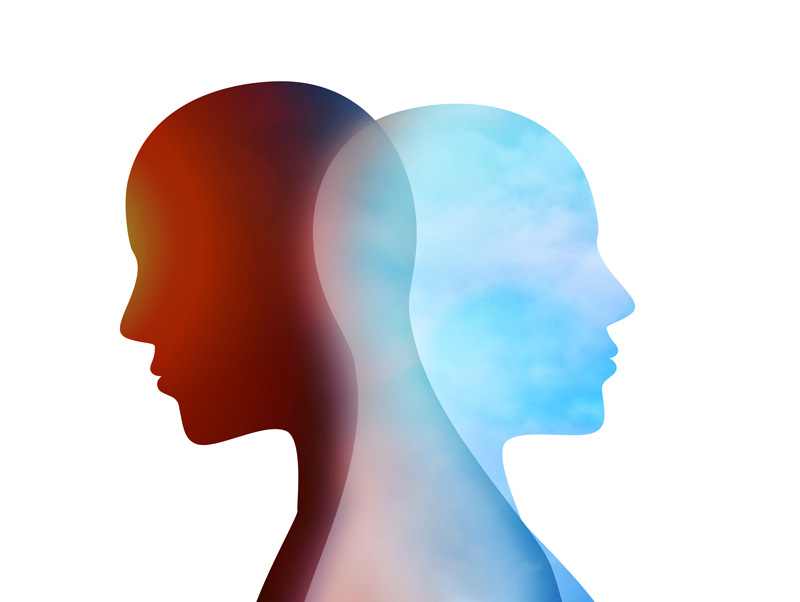Bipolar disorder is a complex mental health condition characterized by extreme mood swings that include emotional highs (mania or hypomania) and lows (depression). Let’s delve into the nuances of bipolar disorder, exploring its underlying mechanisms, symptoms, and available treatment options.
Understanding Bipolar Disorder:
Bipolar disorder, formerly known as manic-depressive illness, is a chronic mental health condition that affects millions of individuals worldwide. It is marked by dramatic shifts in mood, energy, and activity levels, which can significantly impact daily functioning and quality of life. The exact cause of bipolar disorder remains unclear, but genetic, biological, and environmental factors are believed to play a role.
Symptoms of Bipolar Disorder:
The symptoms of bipolar disorder can vary widely and may manifest differently in each individual. During manic or hypomanic episodes, individuals may experience elevated mood, increased energy, impulsivity, and heightened creativity. Conversely, depressive episodes are characterized by feelings of sadness, hopelessness, fatigue, and difficulty concentrating. Some individuals may also experience mixed episodes, where symptoms of mania and depression occur simultaneously.
Types of Bipolar Disorder:
Bipolar disorder is classified into several subtypes, including bipolar I disorder, bipolar II disorder, cyclothymic disorder, and other specified and unspecified bipolar and related disorders. Each subtype is distinguished by the severity and duration of mood episodes, as well as the presence of psychotic features.
Treatment Options for Bipolar Disorder:
Managing bipolar disorder typically involves a combination of pharmacotherapy, psychotherapy, and lifestyle modifications. Mood-stabilizing medications, such as lithium, anticonvulsants, and atypical antipsychotics, are commonly prescribed to stabilize mood and prevent relapse. Psychotherapy, including cognitive-behavioral therapy (CBT) and interpersonal therapy (IPT), can help individuals develop coping skills, improve relationships, and manage stress.
Coping Strategies and Support:
In addition to professional treatment, individuals with bipolar disorder can benefit from implementing self-care strategies and seeking support from loved ones and support groups. Establishing a consistent daily routine, prioritizing sleep hygiene, engaging in regular exercise, and avoiding alcohol and illicit substances can help stabilize mood and reduce the frequency of mood episodes.
Conclusion:
Bipolar disorder is a complex mental health condition characterized by alternating periods of mania/hypomania and depression. By understanding its underlying mechanisms, recognizing symptoms, and exploring effective treatment options, individuals affected by bipolar disorder can proactively manage their condition and lead fulfilling lives. With proper treatment, support, and self-care, it is possible to achieve stability and resilience in the face of bipolar disorder.
Keywords for SEO:
Source – Cleveland Clinic



